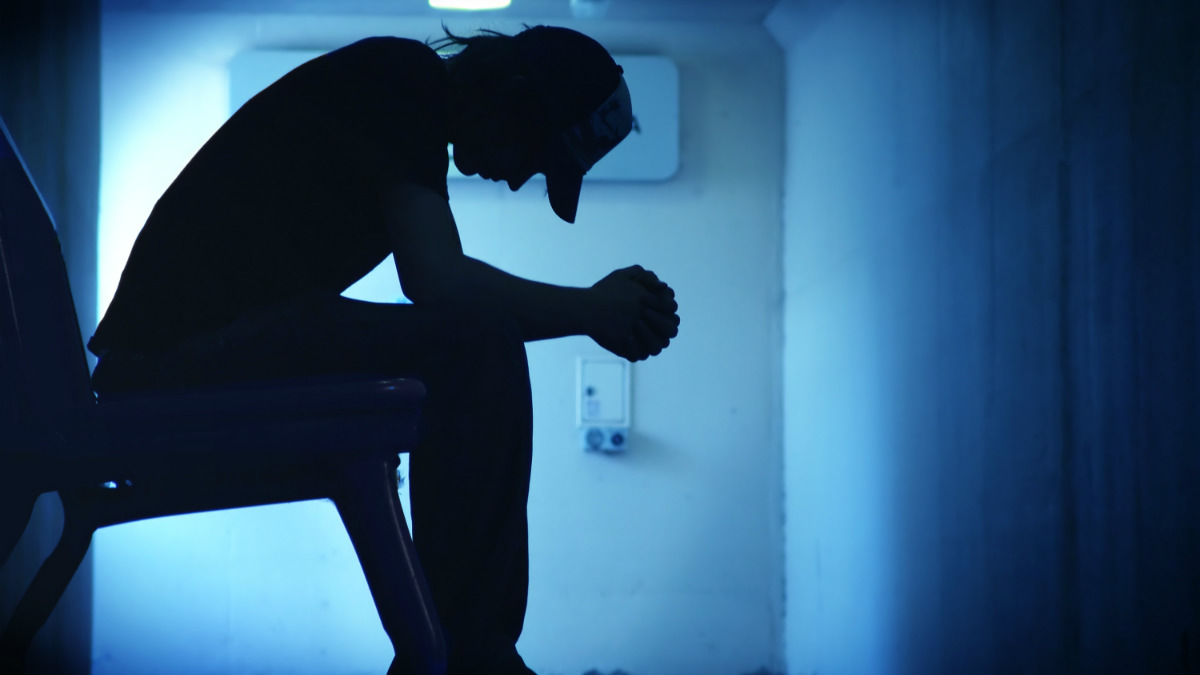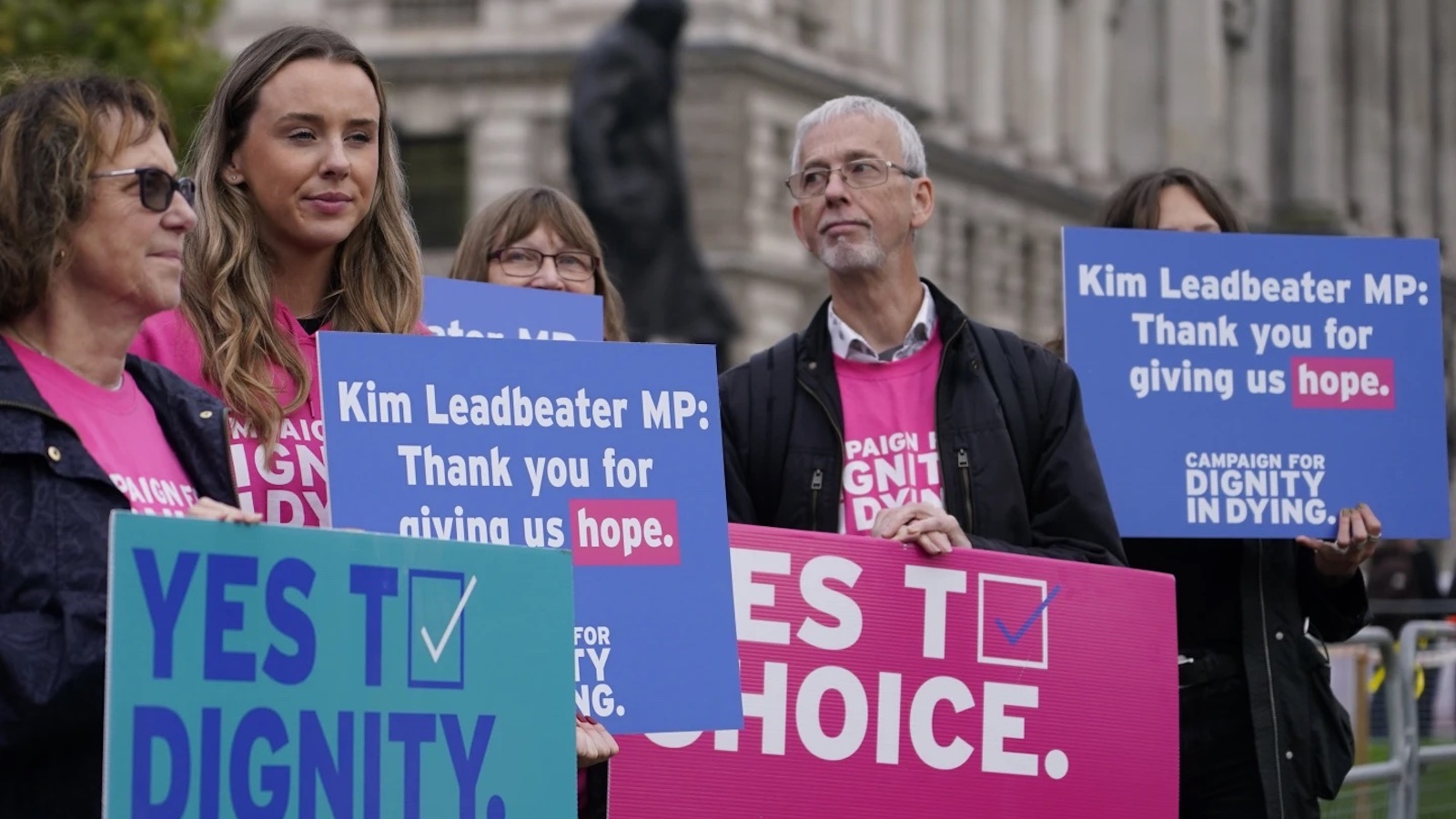
Who’s to Blame for Suicide?
A young woman named Michelle Carter has been convicted of involuntary manslaughter for sending text messages that resulted in the suicide of a friend. The incident occurred three years ago, when Carter was 17. She was sentenced August 3 to 15 months in jail, but she had faced the possibility of up to 20 years.
The case is an interesting one, because it speaks to the nature of our society’s views on individual accountability, rights, and responsibility. Conrad Roy III was 18 when he was contemplating suicide, and messages from Carter egged him on until he finally went through with in it in 2014.
While Carter’s texts were undoubtedly cruel and heartless, the court’s decision to hold her responsible for a man’s suicide is concerning. Suicide is by definition an act of self-killing. It is a decision made by an individual to end his own life. Is it really just to hold others responsible for a decision that ultimately has to be made on a personal level?
In general, societal thinking on the topic of suicide is cloudy, understandably so. It is an emotional issue, colored by thousands of years of tradition and religious teaching. We are taught to look upon the act of killing oneself with horror and disgust and to view it as an unnatural perversion of the human condition. In recent decades, we have tended to disguise suicide behind the euphemism of mental illness. As a decision we fundamentally disagree with, and would never choose for ourselves, we tend to dismiss suicidal urges as irrational and therefore invalid.
In fact, the decision to kill oneself is not so very different from any other irreversible, life-altering choice. A person will choose suicide when he finds the continuation of life unbearable. We can debate whether it is compassionate to demand that people bear the unbearable rather than opt out, but it’s hard to see how defenders of individual rights in other areas of society can deny people the right to end their own lives if that is what they really want.
If we own our own bodies, as we must unless we concede that someone else owns them, then we have a right to control them. Thus, if we have a right to damage our bodies gradually through unhealthy eating, smoking, lack of exercise, or risky athletic behavior, we must also have a right to damage our bodies suddenly and beyond repair, in a deliberate effort to end life.
Dr. Thomas Szasz, the noted libertarian psychiatrist, writes in his full-length treatment of this subject, “Fatal Freedom”:
“The option of killing oneself is intrinsic to human life (except during early childhood and sometimes in old age). We are born involuntarily. Religion, psychiatry, and the State insist that we die the same way. That is what makes dying voluntarily the ultimate freedom. [Italics original.] We have just as much right and responsibility to regulate how we die as we have to regulate how we live.”
If indeed we are entitled to control our own deaths, then how can we hold another person accountable for one individual’s decision to exercise that control? And even if we don’t accept that suicide is a deliberate act, it still doesn’t follow that anyone other than the suicidal person is responsible for the outcome.
If we regard suicide as a choice, as I believe it should be regarded, then only the one making the decision can be held responsible. It is wrong to legally punish people for choices made by others. If, instead, we regard suicidal tendencies as illness, which I believe is inappropriate and dangerous, it is still equally wrong to hold others responsible for it. It would be absurd to blame the development of a brain tumor on the victim’s friends and relatives; it is just as absurd to blame Conrad Roy’s “illness” on Michelle Carter. She didn’t force Roy to do anything against his will. Her words were only one factor in a complex life. We will never know what all of his reasons were, but to attribute the cause of his action to a few text messages is an enormous oversimplification that disregards Roy’s own motivations and agency.
Suicide remains one of the strongest taboos in American society, but as long as we are unwilling to talk about it lucidly, without appealing to emotion or demagoguery, injustice will continue to go unchallenged. While no one is condoning the actions of Michelle Carter, putting a girl barely out of her teens behind bars will accomplish nothing except contribute to the decline of the American ethic of personal responsibility. Ultimately, the only person responsible for Conrad Roy’s choices is Conrad Roy.
This article originally appeared on Conservative Review.
Free the People publishes opinion-based articles from contributing writers. The opinions and ideas expressed do not always reflect the opinions and ideas that Free the People endorses. We believe in free speech, and in providing a platform for open dialogue. Feel free to leave a comment.


